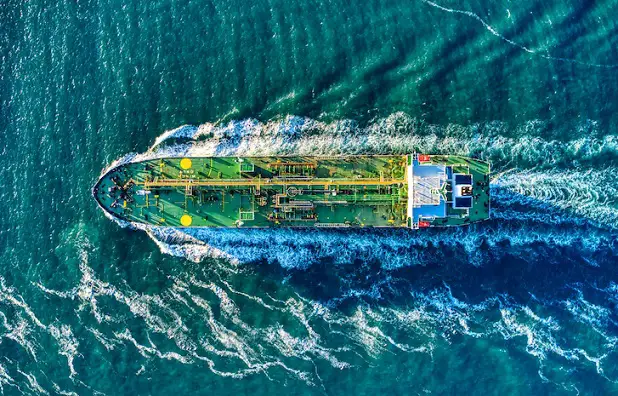On Thursday, Russian Deputy Prime Minister Aleksandr Novak said that Russia remains committed to voluntarily cutting oil production by 500,000 barrels per day (bpd), when asked about “speculation in the media.”
On Tuesday, Bloomberg reported that an examination of tanker-tracking data showed that there was no evidence that Moscow had implemented any production cuts. According to the news report, in the seven days to April 28th, aggregate flows of Russian crude increased to 4.08 million bpd.
Novak noted however that the media had not taken into account a “significant reduction” in pipeline flows to the EU, noting they had already fallen by over two-thirds, and were only “partly offset by maritime shipments.”
Novak went on to say, “The target level of a voluntary output reduction amounts to 500,000 barrels per day from February levels until the end of 2023,” adding that “monitoring will be carried out by independent sources.”
Russia had announced in February that it would voluntarily cut oil production by 500,000 bpd beginning in March. The move was noted to be in retaliation for Western sanctions targeting Russia’s energy industry. In addition, Moscow pledged to also halt all sales to any buyers who sought to impose, or who even mentioned in contracts, the Western price-cap of $60 per barrel on Russian seaborne crude.
Bloomberg data shows that in the four weeks to April 28th, no Russian crude was shipped to northern European countries. Seaborne shipments from Moscow to European countries fell to 63,000 bpd over the four weeks to April 28th, with Bulgaria the only nation receiving shipments, according to the data.
Since the EU ceased accepting shipments of Russian seaborne crude in response to Western sanctions, Russia has set about diversifying its energy supplies. Last week Novak stated that Russia will reroute over 60% of its oil and petroleum supplies from the EU to Asia this year. According to data Novak provided, of the 220 million tons of crude and refined petroleum products which would previously have headed to the EU, 140 million tons will be rerouted to Asian buyers.

